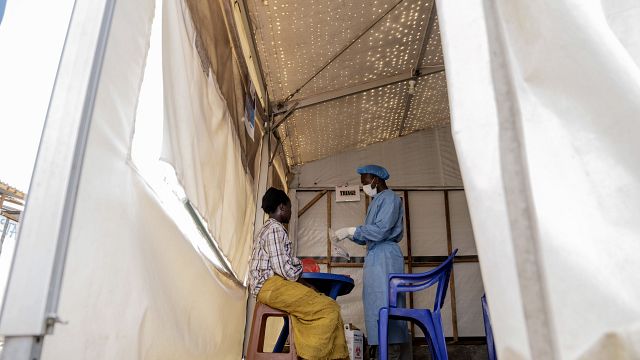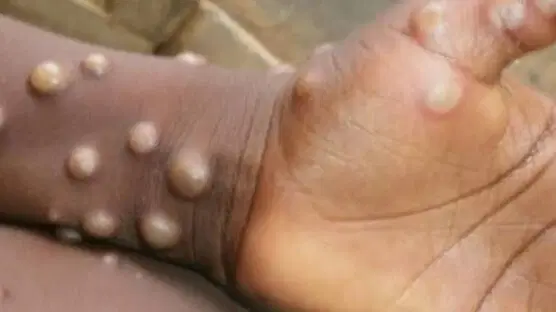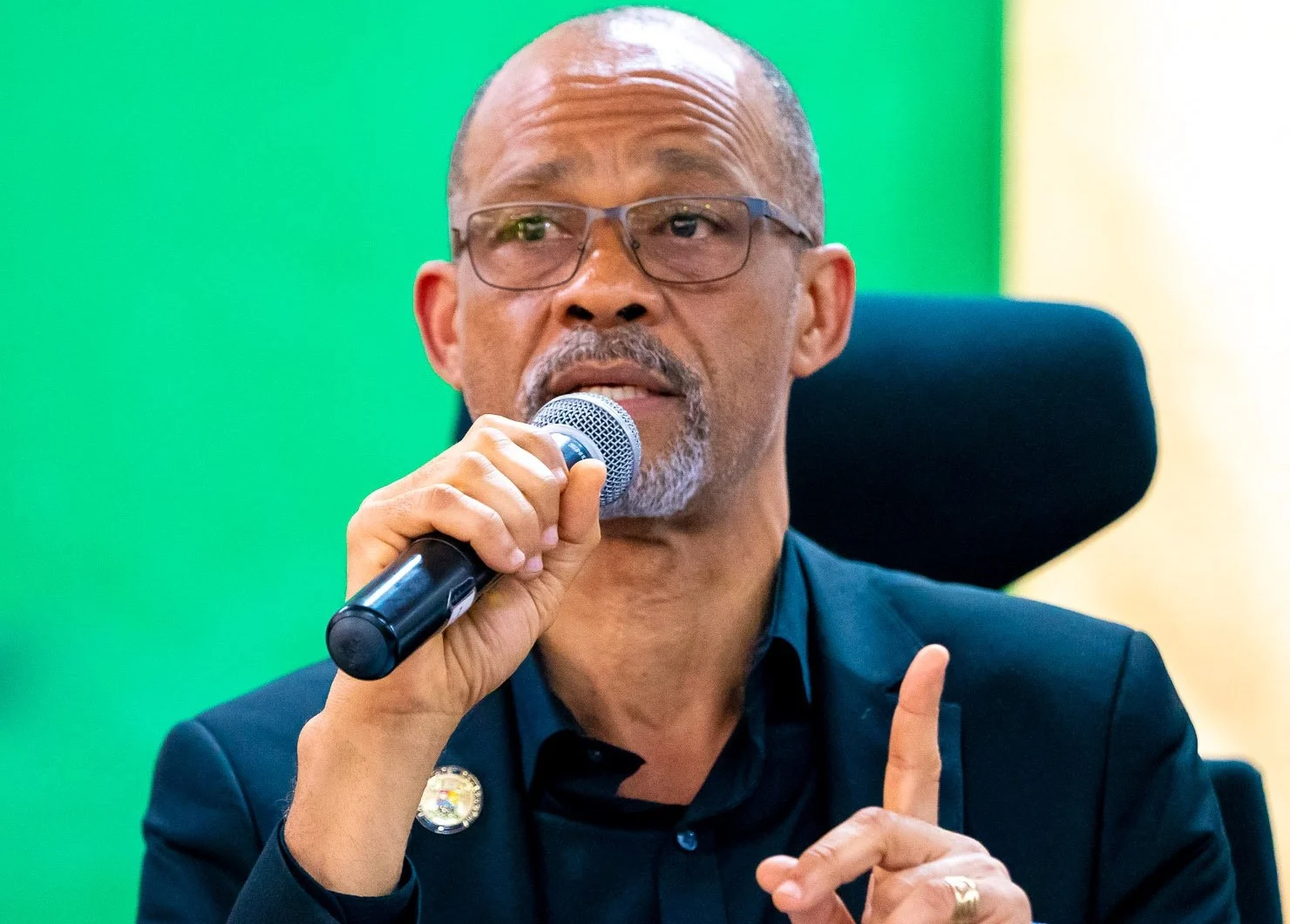
The number of monkeypox (mpox) cases in Nigeria has reached 48, with the virus now detected in Abuja and 20 other states, according to the Nigerian Centre for Disease Control (NCDC). Despite the rising cases, no deaths have been reported.
On August 27, Nigeria received 10,000 vaccine doses from the United States to aid in controlling the outbreak. To further prevent the virus’s spread, a health declaration form for international travelers has been introduced.
The African Union has declared a public health emergency due to the rapid spread of the virus across the continent.
Mpox is transmitted through contact with infected rodents, individuals, or contaminated objects. Symptoms typically develop 5 to 21 days after exposure, including fever, body aches, swollen lymph nodes, and skin lesions.
While there is no specific treatment, antiviral drugs can help manage the disease. Most cases are mild, with recovery expected within a few weeks.
Mpox, previously known as monkeypox, is related to smallpox but usually causes milder symptoms such as fever, headache, and body aches. In severe cases, painful sores and blisters can develop on the face, chest, hands, and genitals. The virus is primarily spread through close skin-to-skin contact.
The World Health Organization (WHO) has estimated that around 230,000 vaccine doses could soon be sent to Congo and other affected areas. The WHO is also working on educational campaigns to raise awareness about preventing the spread of mpox in outbreak regions.
Maria Van Kerkhove, head of WHO’s epidemic and pandemic diseases department, stated that the agency is working to expedite vaccine access for affected countries, given the limited supply. Scientists have highlighted the need for a better understanding of mpox transmission in Africa to optimize vaccine use.
Earlier this week, the head of Africa’s Centers for Disease Control and Prevention announced that the continent expects to receive about 380,000 mpox vaccine doses promised by donors, including the U.S. and the European Union. However, this is less than 15% of the doses required to end the mpox outbreaks in Congo, according to health authorities.






